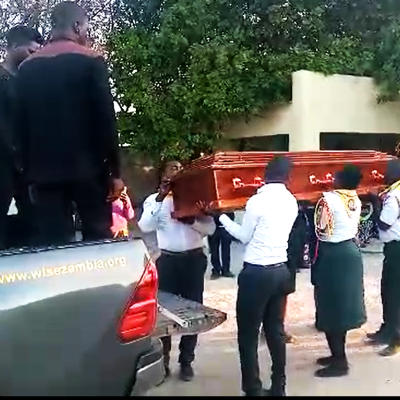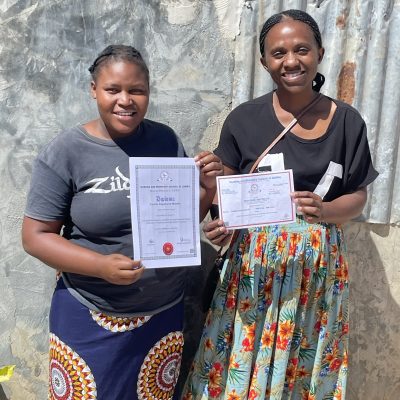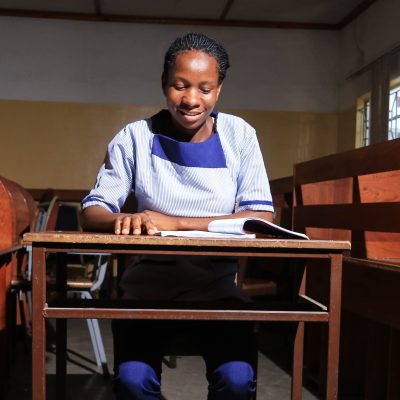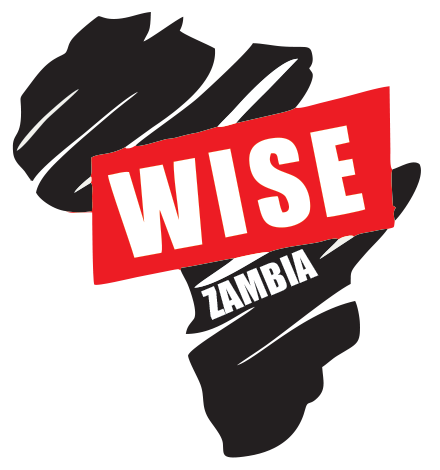Another Preventable Tragedy--Mercy blog

This is a difficult blog to write, and we debated whether to publish it. Yet it reflects an important reality of our work in Zambia and thought it important to share. Too often, I believe that organizations (like people) tend to show only the positive side of affairs. But working in rural Zambia has many unique challenges and hurdles, including heartbreak.
Approximately three months ago, one of our students, Mercy, passed away. She was only in the Ninth Grade, a student at Mulamatila Secondary School. She left behind her family (both parents and siblings), her WISE family, and many friends. She excelled in physical education and information communications technology. She faithfully volunteered as required as the Kaoma WISE Campus.
Mercy most likely died as a a viral infection known as acute flaccid myelitis. She is the fourth WISE Zambia scholar to pass away since our educational empowerment program began in 2012. The others passed away from malaria, epileptic seizures, and internal hemorrhaging following a physical attack.
At least one of two things could have prevented these four tragedies: (1) adequate preventative care, and (2) available emergency treatment. But in rural Zambia, few rural residents obtain any type of preventative care, as it simply is not available. Rather, they typically wait until they are ill, and then make the long journey to the nearest clinic to seek basic care.
In terms of emergency care, there is no 9-1-1 service in rural Zambia (indeed, there is typically no telephone service). Moreover, although the medical staff at local community or mission hospitals are well trained, they often lack the equipment necessary to provide trauma-type treatment, even when a person is able to make it to a hospital on time.
These losses take a huge toll on not only the families of the child, but our entire WISE family, struggling to deal with the premature death of a friend and classmate.


But we believe that, in time, WISE will be part of the solution to this problem. First, approximately ten of our students are currently studying midwifery. The role of the midwife in providing prenatal care and safe deliveries cannot be understated—according to the World Health Organization, at least 9 million more midwives are needed by 2030 to meet international sustainability goals. While a midwife could not have prevented the tragedies described above, it would be a huge first step towards making preventative care available throughout the Western Province.
In addition, WISE students are focusing on public health medicine. Pelekelo, pictured above, was one of our very first scholarship students. She is from a very remote community in the Luampa District.
In July, she graduated from Lewinaka Nursing School with a diploma in public health nursing, where she achieved one of the highest grades in the program in the country. She is now contemplating going on for further public health medicine programs, possibly even a Ph.D. Coming from this rural background, she will bring a unique and much needed perspective to public health academia.
